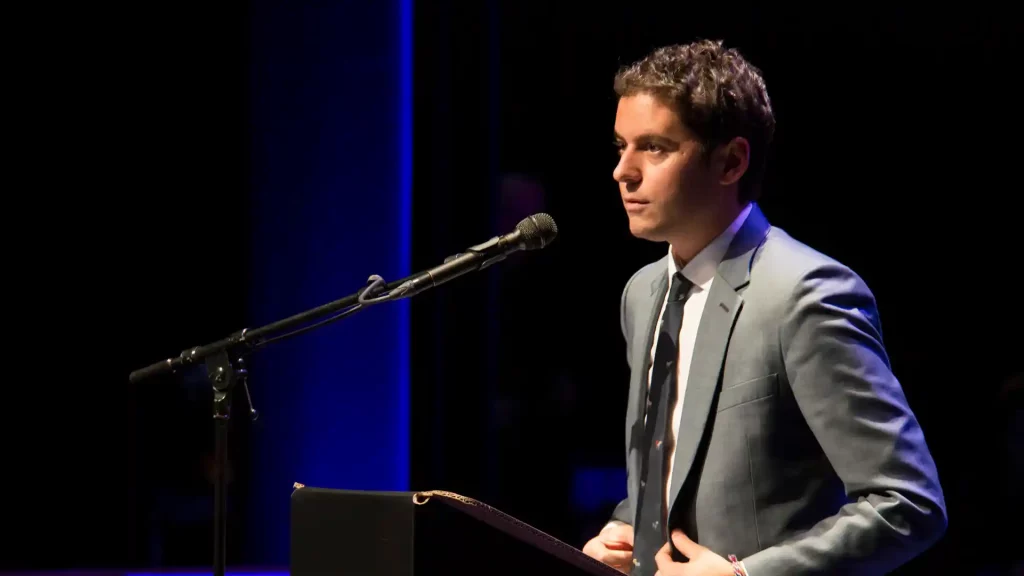Élisabeth Borne was appointed as the French PM in May 2022, after Emmanuel Macron was reelected
The speculations of an impending reshuffle in France’s government are becoming more evident with the quitting of French PM Élisabeth Borne. Borne mentioned that it was more necessary now than ever to continue the transformations that the government wished to put forward in her resignation speech. She also mentioned that the decision to resign from the office had not been her wish but considered the president’s wish to appoint a new prime minister.
“You have put our project into effect with the courage, engagement, and determination of a stateswoman,” President Emmanuel Macron wrote on X (formerly known as Twitter). Thanking PM Élisabeth Borne for her exemplary work, President Macron is planning several changes to his second mandate before the Paris Olympics and European parliament elections.
The French system allows the President to appoint the prime minister but cannot sack or dismiss them from the post. The president can only ask them for their resignation. The European Parliament elections are set to happen in five months and the Eurosceptics are anticipating record gains as the discontent over the cost-of-living crisis is surging and the general discontent over the European governments’ ineffectiveness to limit immigration is also growing.
Élisabeth Borne was appointed as the prime minister in May 2022, after Emmanuel Macron was reelected. Since 1958, more precisely, since the Fifth Republic began there have been only two women prime ministers and Élisabeth Borne was the second. Weeks later Borne was appointed as the PM, the government lost its majority in the Assemblée Nationale in the general election.
As the leader of a minority government, Borne had to use the contentious 49:3 clause in the constitution to force through parliament legislation that Macron had promised during his presidential campaign, including changes to the pension system. Borne’s administration made 23 uses of the provision.
After Borne attempted to reach a compromise with the right-wing Républicains party that pushed the law more to the right than the administration had planned, a hotly contentious immigration bill was passed.
Borne, who identified as a “woman of the left,” came under criticism from opponents on opposing political wings.
Gabriel Attal, The new Prime Minister
Before Gabriel Attal was selected, two other names were being put forward by the French media as the likely successor. The first among was Gabriel Attal, the education minister, and with his appointment at the age of 34, he just became France’s youngest and openly homosexual prime minister. The next possible candidate was Sebastian Lecornu, Minister of the Armed Forces, and Julien Denormandie, the former minister of agriculture of France.
French President Emmanuel Macron finally chose Gabriel Attal as the prime minister. Experts also weigh in their opinion and mention that Emmanuel Macron is moving beyond a challenging past year which saw the introduction of a strong immigration law that was widely disliked and the pension changes which were again unpopular. The immigration law had divided Macron’s party. The new decisions could also be seen as an attempt to improve Macron’s party’s chance of winning at the upcoming European Union elections in June while they are competing with the opposing National Rally (RN) party.
